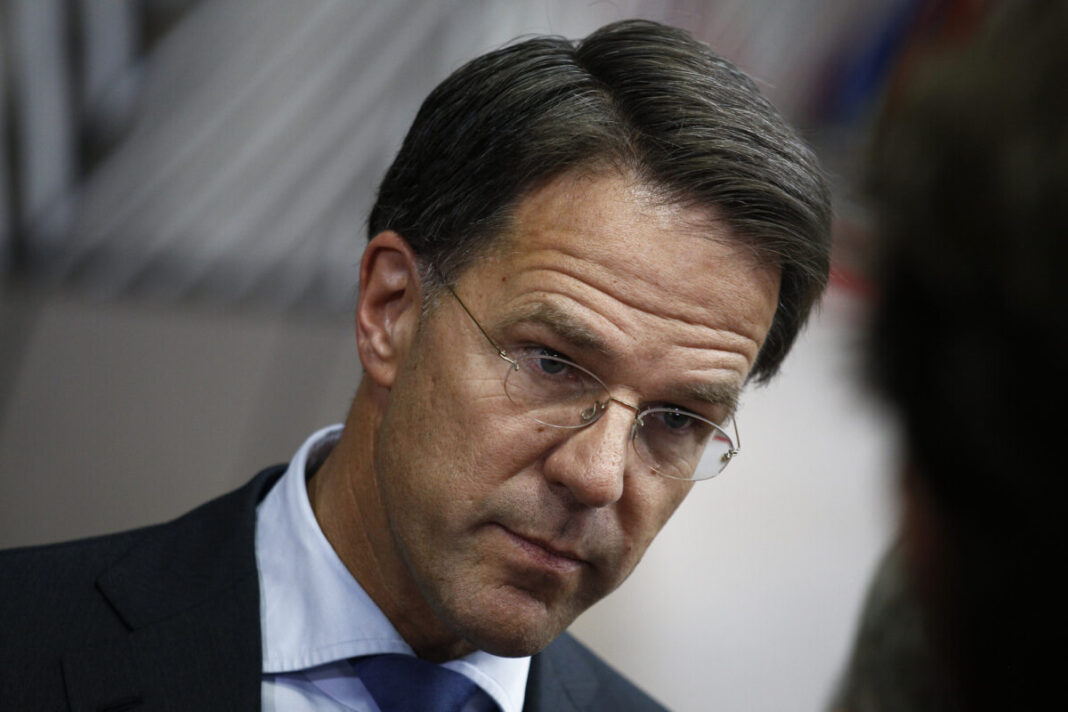For the fourth year in a row, Rutte’s VVD party has called for a limit on the number of non-EU/EEA students at Dutch Universities and Hogeschools. And, most parties are actually in favour of this. 😱
For at least the last five years, the start of each academic term at any Dutch university has been marred by overcrowded hallways, split lecture halls, and students frantically trying to secure housing (some winding up in old prisons, containers, and even tents!). A trend that hasn’t gone unnoticed.
VVD singing the same song
Parties from across the political spectrum have been deliberating over the subject of international students for years. This past March, the topic of the “internationalisation” of Dutch higher education institutes secured a spot on the ballot.
While most political parties recognise the value of the internationally-oriented Dutch higher education system in their party programmes, many prominent political figures, especially the VVD, are sounding the alarm bells — according to the Financieele Dagblad.
What does this mean? It’s simple: they want to limit the number of international students who can study in the Netherlands. 😐
A rush of international students
Since the beginning of this academic year alone, the number of international students in the Netherlands rose by 4%. This means that 3 in 10 of the freshers are coming from abroad, according to the Dutch universities’ association, VNSU,
While most international students are from the EU/EEA region, non-EU students now account for 23% of the student population. And it’s these students who may be affected by the Dutch cabinet’s latest appeal. Echt?!
What are the Dutch politicians saying?
Have you ever been told your presence is destroying the quality of Dutch higher education? It’s awkward, right? Welp, that’s exactly what FvD (Forum for Democracy) MP, Dennis Wiersma, has repeatedly restated.
He claims that the current system “jeopardises” the quality of education and displaces Dutch students. Additionally, Wiersma has proposed that the type of programmes which international students are applying to should be a deciding factor.
“There are many students who study psychology. We don’t need that,” said the MP.
Basically, if you’re doing a study that’s popular or could potentially “take the spot” of a Dutchie, he thinks you should stay at home. 🤡
“Deterring” internationals, prioritising Dutch students
However, Ingrid van Engelshoven, the D66 Education Minister, doesn’t support the idea of a cap. instead, she believes that raising tuition fees and making Dutch lessons mandatory will serve as a more effective “deterrent”, reports Het Parool. 🙄
The VVD’s official site states that their aim for “modernizing” higher education can be achieved by limiting the number of international students per study, giving Dutch students more chances to go to the institution of their choice and attend more lectures in their native tongue.
Why the Netherlands?
With its comparably low tuition fees, global recognition, competitiveness, and the vast number of English-taught programmes, it’s no wonder that so many international students want to study in the Netherlands! But this heyday may be coming to an end. 😔
While many students from both inside and outside of the EU/EEA zone have chosen to study in the Netherlands for a whole host of reasons, issues like Brexit and the Dutch housing crisis have certainly strained what many consider to be an already exhausted system.
Do you think any of these measures solve the current crisis in higher education? Tell us your thoughts in the comments below!
Feature Image: Ale_Mi/Depositphotos




Raise the tuition for foreign students, like jack it up as high as you want, foreigners cannot vote.
So there is a housing crises and the government solution is to limit the international students instead of revising the Dutch housing policies ! What a great solution!
International students bring so much value into Dutch society, limiting them in a backward move.
Quick note, VVD is not an acronym for Forum voor Democratie. VVD stands for Volkpartij voor Vrijheid en Democratie
Hey Eric, thanks for catching our mistake! The acronym is fixed in the news article now 🙂